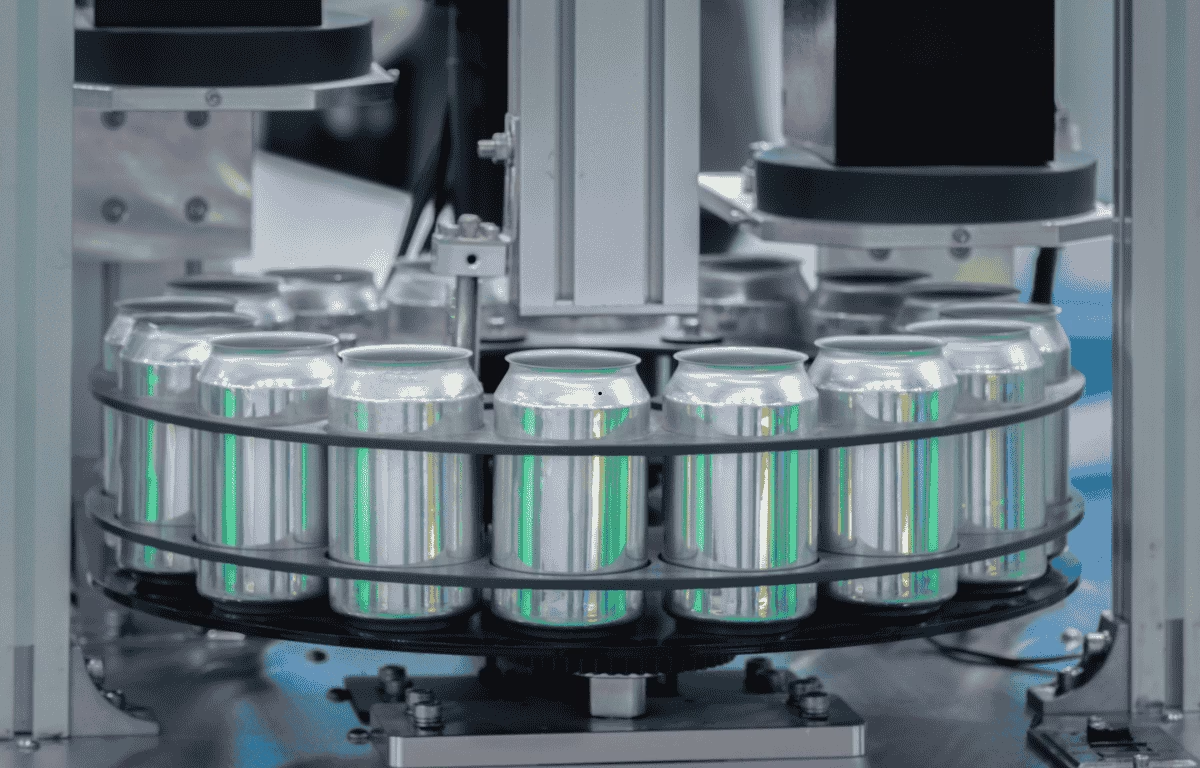When it comes to keeping beverages fresh and safe, high-quality resins for metal beverage can coatings play a crucial role. These specialized coatings prevent corrosion, maintain flavor, and ensure the can’s interior remains uncontaminated.
From soda to beer, these resins protect drinks from reacting with metal. But what makes them so effective? Let’s dive into their benefits, types, and why they’re essential for the beverage industry.
Why Are High-Quality Resins Essential for Beverage Cans?
Metal cans need strong protection to prevent rust and chemical reactions. High-quality resins for metal beverage can coatings create a barrier between the drink and the metal.
They stop acids in beverages (like soda or juice) from corroding the can. Additionally, they prevent metallic tastes, ensuring the drink stays fresh.
Without these coatings, cans could leak, spoil, or even become unsafe. That’s why manufacturers invest in top-grade resins.
Types of Resins Used in Beverage Can Coatings
Different resins offer unique benefits:
- Epoxy Resins: Most common, excellent adhesion and chemical resistance.
- Acrylic Resins: Good for UV protection and clarity.
- Polyester Resins: Flexible and cost-effective.
- Vinyl Resins: Used for specialty applications.
Each type ensures cans stay safe and durable throughout their shelf life.
Key Benefits of Using High-Quality Resins
- Prevents Corrosion: Stops acids from damaging the metal.
- Preserves Flavor: Keeps drinks tasting fresh.
- Extends Shelf Life: Maintains quality for months or years.
- Ensures Safety: Meets FDA and global food safety standards.
- Eco-Friendly Options: Some resins are BPA-free and sustainable.
These advantages make them a must-have in beverage packaging.
How Are Resins Applied to Metal Beverage Cans?
The coating process involves:
- Cleaning: Removing oils and dirt from metal sheets.
- Priming: Applying a base layer for better adhesion.
- Coating: Spraying or rolling the resin onto the metal.
- Curing: Baking the coating to harden it.
This ensures a smooth, even layer that fully protects the can.
Industry Standards for Beverage Can Coatings
Regulations ensure safety and performance:
- FDA Compliance: Must be food-safe and non-toxic.
- Global Standards: EU, Japan, and other regions have strict rules.
- BPA-Free Options: Many brands now avoid harmful chemicals.
Manufacturers must test coatings to meet these requirements.
Future Trends in Beverage Can Coatings
Innovations include:
- Bio-Based Resins: Eco-friendly alternatives.
- Self-Healing Coatings: Repairs minor scratches automatically.
- Nano-Coatings: Thinner but stronger protection.
Sustainability and performance are driving new developments.
Conclusion
High-quality resins for metal beverage can coatings are vital for safety, taste, and durability. They prevent corrosion, preserve flavor, and meet strict industry standards.
Choosing the right resin ensures long-lasting protection and consumer trust. As technology advances, even better coatings will emerge.
We also covered these terms in this content
- Food-safe can coatings
- Epoxy coatings for beverage cans
- BPA-free can linings
- Metal can corrosion protection
- Beverage packaging resins
- Drink can coating solutions
- Sustainable can coatings
- FDA-approved can liners
- Acrylic resin coatings
- Long-lasting can protection
- Why Unsaturated Polyester Resin Dominates Composite Manufacturing?
- High Temperature Silicone Epoxy Resin for Extreme Heat Applications
- Why Wood Coating Resin Defines Modern Surface Protection?
- Filament Winding Resin Application in High-Strength Composite Structures
- Why Protective External Can Coating Resins Are Industry Essential?
- How Vinyl Ester Resin Is Changing the Composite Industry?
COMPANY INFO
Website: www.crestresins.com
Phone: +91 9879233188
Email: enquiry@crestresins.com
Address: 605/A, 6th Floor, Tower D, Times Square Grand Office, Sindhubhavan Marg, Near Taj Hotel, Ahmedabad, Gujarat - 380059

